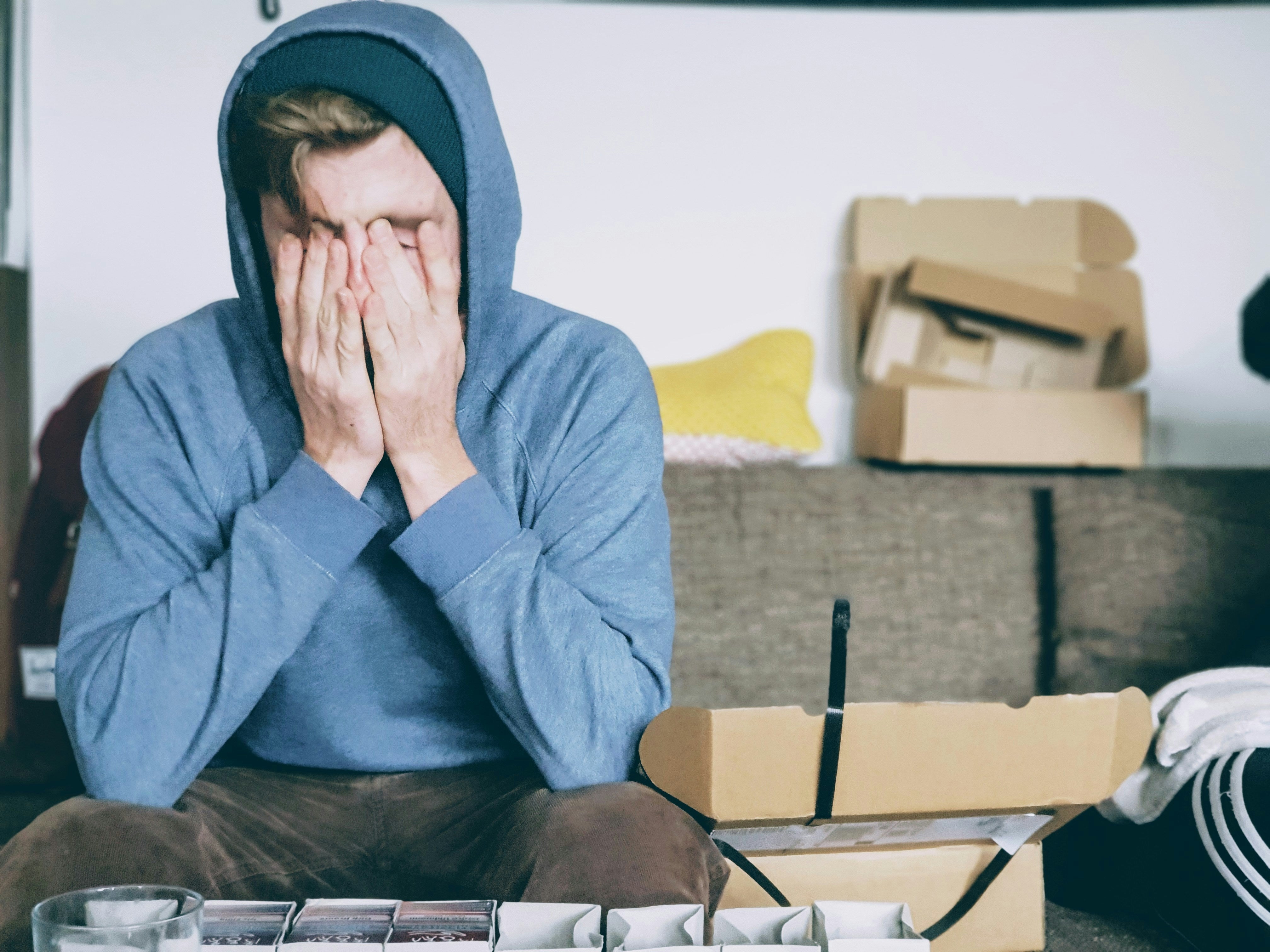Premature Ageing: Who Should Look Out for It?

As we age, our skin naturally undergoes changes that are part of the life cycle. However, when signs of ageing such as fine lines, wrinkles, and pigmentation appear earlier than expected, it’s referred to as premature ageing. This phenomenon is becoming increasingly common due to lifestyle factors, environmental stressors, and even genetic predispositions. But who should be on the lookout for premature ageing, and what can be done to prevent it?
What is Premature Ageing?
Premature ageing occurs when the signs typically associated with later years of life appear early—sometimes as soon as your 20s or 30s. These changes are often linked to external factors like sun exposure, pollution, or lifestyle choices that accelerate the skin's natural ageing process.
Common Signs of Premature Ageing- Fine lines and wrinkles around the eyes, mouth, or forehead.
- Loss of skin elasticity, resulting in sagging.
- Hyperpigmentation and uneven skin tone.
- Dull and dehydrated skin, often appearing rough or flaky.
- Thinner skin, making veins or capillaries more visible.
Who is Most At Risk?
1. Young Adults with Poor Skincare HabitsIf you often skip sunscreen or neglect moisturizing, you could be fast-tracking your skin’s ageing process. Sun damage is one of the leading causes of premature ageing, making daily SPF essential even in your 20s.
2. Those with High Stress LevelsChronic stress increases cortisol levels in the body, which can break down collagen and elastin—the proteins responsible for youthful, firm skin. If your lifestyle includes high stress and little rest, you may notice premature signs of ageing.
3. Smokers and Heavy DrinkersSmoking and excessive alcohol consumption deplete the skin’s natural hydration and collagen reserves. These habits accelerate the appearance of fine lines, dullness, and sagging.
4. City Dwellers and Pollution ExposureLiving in urban areas exposes your skin to pollutants that generate free radicals. These harmful molecules damage skin cells, leading to early ageing symptoms like pigmentation and a weakened skin barrier.
5. People with Genetic PredispositionSometimes, premature ageing is written into your DNA. If your parents or grandparents showed early signs of ageing, you may be genetically inclined to experience it too.
How to Prevent Premature Ageing
1. Sun Protection is KeyThe #1 cause of premature ageing is sun exposure. Apply a broad-spectrum sunscreen with SPF 30 or higher every single day, rain or shine. Reapply every 2 hours if outdoors for extended periods.
2. Follow a Consistent Skincare RoutineInclude products rich in antioxidants (like Vitamin C), peptides, and retinoids to boost collagen production and fight free radical damage. Moisturizers with hyaluronic acid or ceramides help maintain hydration.
3. Adopt a Healthy Lifestyle- Stay hydrated: Drink at least 8 glasses of water a day.
- Sleep well: Aim for 7-9 hours of sleep per night to allow your skin to repair itself.
- Eat smart: Include foods high in antioxidants, omega-3 fatty acids, and vitamins A, C, and E in your diet.
Practice mindfulness, yoga, or other stress-relieving activities to keep cortisol levels in check.
5. Avoid Smoking and Limit AlcoholQuitting smoking and moderating alcohol consumption can dramatically improve your skin’s health and slow the ageing process.
When to Seek Professional AdviceIf you’re noticing signs of premature ageing despite following a healthy routine, it’s a good idea to consult a dermatologist. They can recommend targeted treatments like chemical peels, laser therapy, or prescription skincare products to address your concerns.
Premature ageing is preventable for most people with the right skincare and lifestyle choices. By identifying risk factors early and taking proactive measures, you can preserve your skin’s youthful glow for years to come.









